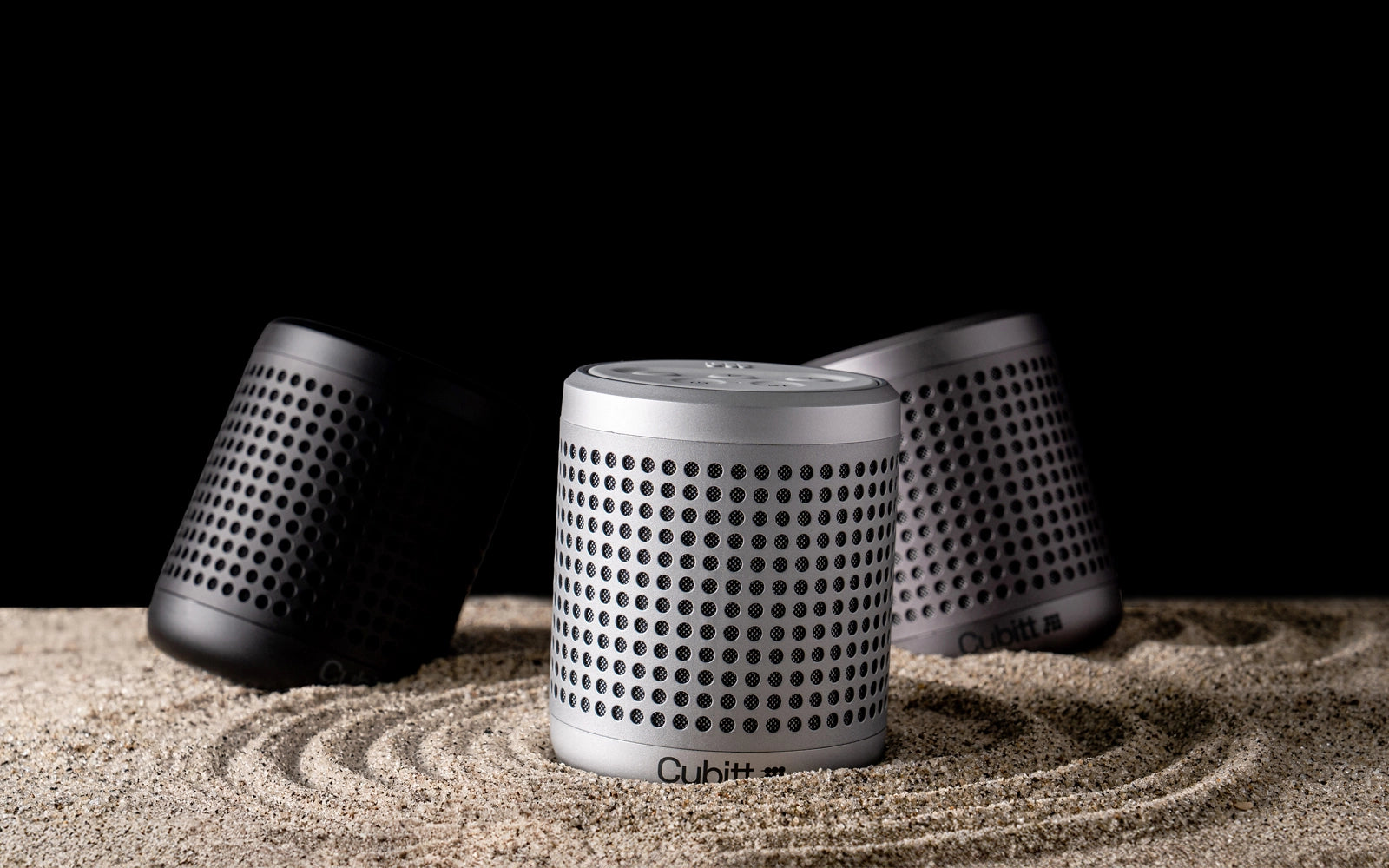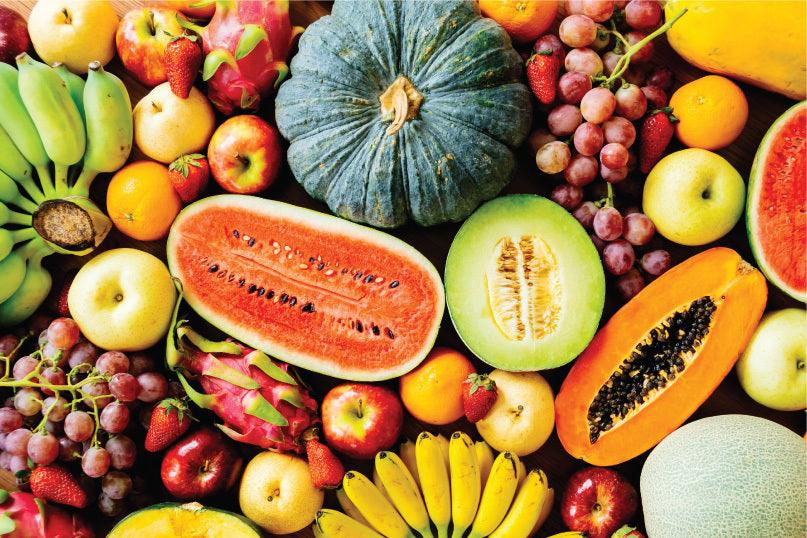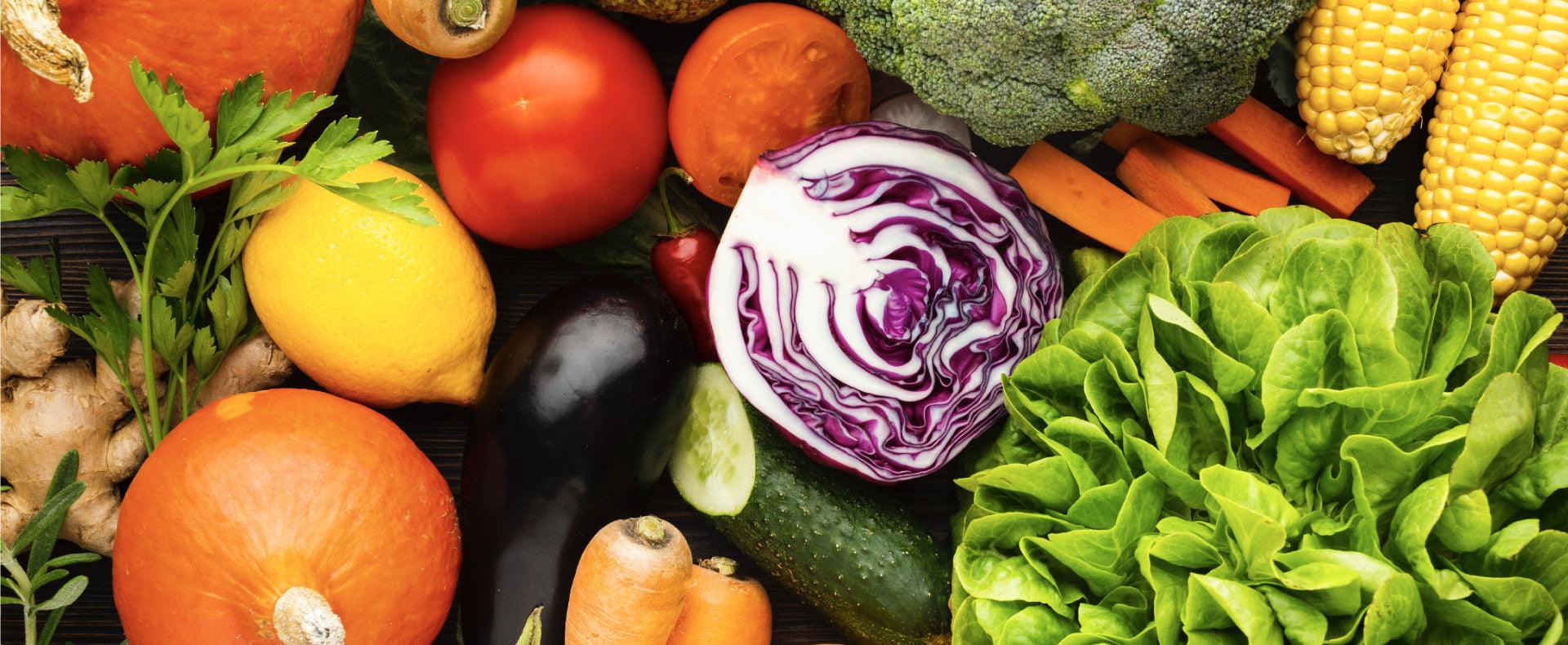We have been listening to health measures for more than a year to take care of ourselves against SARS-CoV-2, better known as COVID-19. You've heard it everywhere ''wear a mask indoors'', ''wash your hands with soap and water'', "stay 1 meter away'', ''respect social distancing'', etc.
But have you heard that, in addition to sanitary measures, an adequate diet is vital to preventing COVID-19? Scientific evidence proposes that a healthy nutritional state can boost our immune system and prevent the onset of severe infection by the well-known virus.
The immune system represents the natural defense of our body, which, through certain mechanisms of action, attacks foreign bodies such as viruses and bacteria, preventing infections. These foreign bodies are called antigens.
Inflammation is the response of the immune system to antigens in the presence of infections or injuries, it decreases as the threat disappears. Our immune system is made up of proteins and micronutrients. The latter corresponds to vitamins and minerals. Some micronutrients are key pieces to specifically boost our immunity.
A well-equipped immune system can fight pathogens faster and more efficiently. COVID-19 infection, in more advanced stages, induces a systemic inflammation that can lead to multi-organ dysfunction, that is, organ failure, which can lead to death. This is why researchers have sought anti-inflammatory therapies as treatment alternatives that can directly attack this problem.
Recent studies suggest that adequate levels of certain micronutrients enhance the body's immune response, being able to prevent the progression of more severe stages and improve the prognosis of COVID-19 infection. In this article, we will talk about those recently studied in the prevention against COVID-19: vitamin C, vitamin D, selenium, and zinc.
The role of vitamin C in the immune system
Treatment with vitamin C has antiviral effects. Studies have shown that a daily dose of 1000 mg of vitamin C can decrease the duration of the common flu and relieve symptoms such as chest pain, fever, and chills.
It has been observed that high doses of vitamin C administered in patients with COVID-19 have shown beneficial effects by reducing the probability of generating sepsis (organ failure) and therefore the risk of mortality.
Vitamin C reduces excessive immune response in COVID-19 patients. As explained above, the immune system responds with inflammatory processes to antigens. The problem is that, if this response is excessive, the so-called cytokine storm (pro-inflammatory proteins of the immune system) is produced, which is the cause of multiorgan failure. Supplementation with high doses of vitamin C can reduce inflammation and prevent this cytokine storm, increasing the survival rate in patients infected with the virus.
The daily recommendation for vitamin C for healthy adults is 75 mg. This can be easily covered by incorporating fruits and vegetables into your diet every day. Kiwi, strawberries, cantaloupe, tomato, cauliflower, broccoli, and bell pepper are excellent sources of this vitamin. By eating only two units of kiwi a day you already have a contribution of 98 mg of vitamin C.
The role of vitamin D in the immune system
Studies have associated sufficient levels of vitamin D with a reduced risk of viral infections. This vitamin stimulates the maturation of immune cells, strengthening the immune system. Vitamin D has been shown to prevent cytokine storm in COVID-19 patients by having the ability to decrease the production of pro-inflammatory cytokines.
Vitamin D deficiency has been identified as a risk factor for contracting COVID-19. Evidence associates vitamin D deficiency with a worse prognosis. In one study, a low mortality rate was observed in patients with sufficient levels of vitamin D, compared to patients with severe vitamin D deficiency. In addition, low levels of this vitamin were associated with greater hospitalizations and severity of the disease.
Where do we get it?
Vitamin D is a vitamin found in certain foods of animal origin such as fatty fish (salmon, tuna, cod, sardines, etc.), egg yolks, dairy products, and cod oil. However, 80% of the requirements of this vitamin are generated through the action of the sun's rays on our skin; being sufficient a daily exposure of 15 minutes at the level of the arms and legs during midday. Older adults should evaluate their vitamin D status more frequently since they produce 75% less of this vitamin through sun exposure compared to younger people.

The role of selenium in the immune system:
Selenium is a mineral found in foods of animal and plant origin. Its deficit can be a risk factor for mortality from COVID-19. A study conducted in Germany showed that blood levels of selenium were significantly higher in COVID-19 survivors compared to patients who died from COVID-19.
Selenium has been shown to have antiviral effects by regulating processes of the immune system and by having the ability to protect the respiratory system. In addition, it plays a fundamental role in the production of antibodies (those responsible for recognizing the antigens that enter our body). Selenium deficiencies can impact not only the immune response but can also cause the virus to be more aggressive upon entering the host.
Sources of selenium? Selenium can be found in vegetables (garlic, pods, mushrooms), pasta, wheat flour, nuts (walnuts, almonds, pine nuts), fish, etc.

The role of zinc in the immune system
Zinc is an important mineral in the development and maintenance of cells of the immune system. A long-term zinc deficiency increases the inflammation processes in our body. This mineral turns out to be of great importance in acute respiratory infections; its supplementation can decrease the incidence of respiratory infections in children. Zinc supplementation at the beginning of the common flu has also been shown to reduce its duration to 1-3 days.
Where do we find it?: red meat, turkey, chicken, crustaceans, dairy (yogurt, Swiss cheese, milk), almonds, legumes (beans, chickpeas)

In conclusion, based on scientific evidence, an adequate state of vitamin C, vitamin D, selenium and zinc can help us boost our immune system, prevent the spread of the virus and slow the progress of the disease to more severe stages, through anti-inflammatory and antioxidant power that they deliver.
A few months ago, the vaccines against COVID-19 appeared, which efficiently stimulate our immune system to protect us and keep us safe. However, they do NOT replace a healthy diet, so both strategies complement each other.
By: Nutritionist Rachel Benchimol
Instagram: @rb_nutricion

Bibliography
Bae M, Kim H. The Role of Vitamin C, Vitamin D, and Selenium in Immune System against COVID-19. MDPI Molecules. Nov 16 2020; 25(22): 5346
Alexander J, Tinkov A, Strand T, Alehagen U, Skalny A, Aaseth J. Early Nutritional Interventions with Zinc, Selenium and Vitamin D for Raising Anti-Viral Resistance Against Progressive COVID-19. MDPI Nutrients. Aug 7 2020; 12(8): 2358
Zabetakis I, Lordan R, Norton C, Tsoupras A. COVID-19: The Inflammation Link and the Role of Nutrition in Potential Mitigation. MDPI Nutrients. May 19 2020; 12(5), 1466.
Arthritis Foundation. ¿Qué es el sistema inmunológico? Disponible en: http://espanol.arthritis.org/espanol/la-artritis/preguntas-frecuentes/pf-sistema-inmunologico/







Leave a comment
This site is protected by hCaptcha and the hCaptcha Privacy Policy and Terms of Service apply.